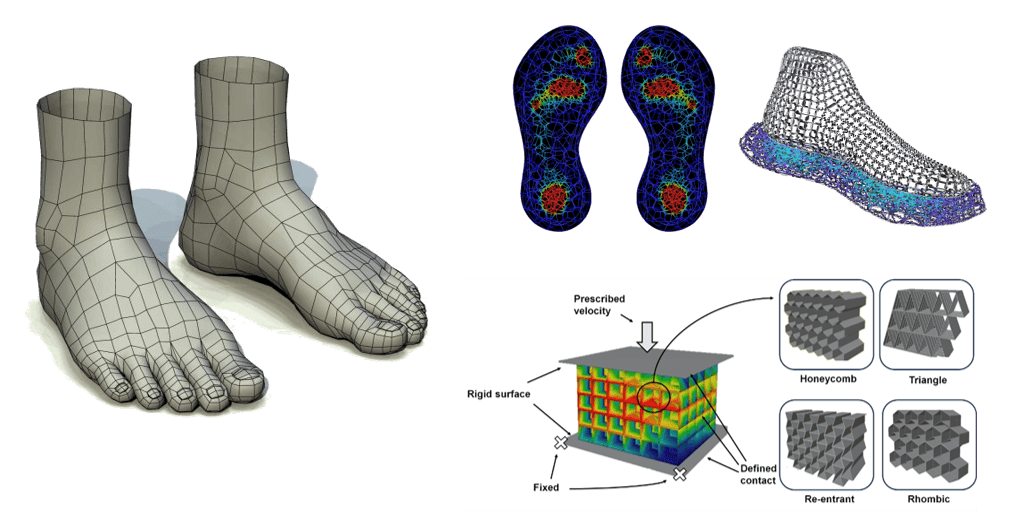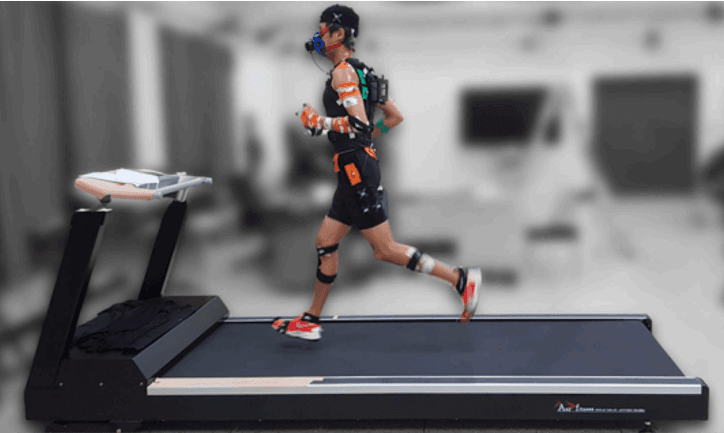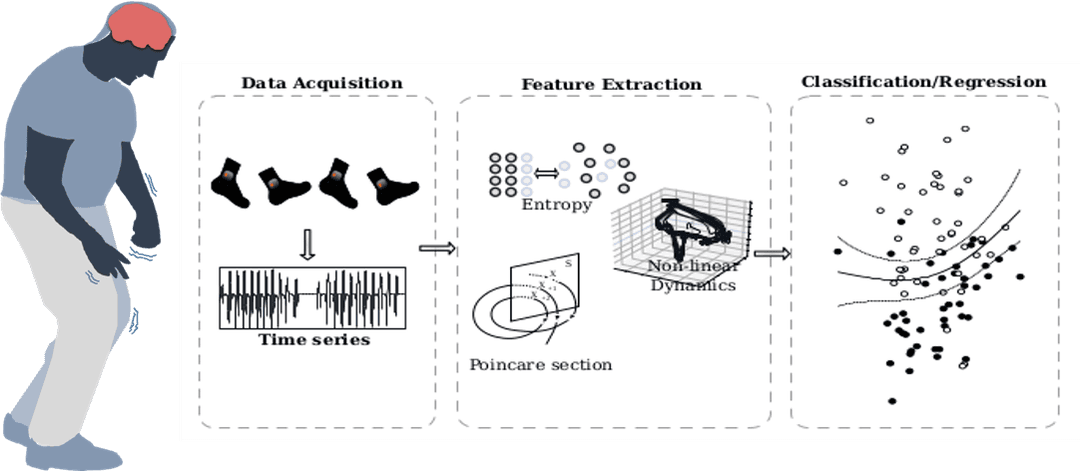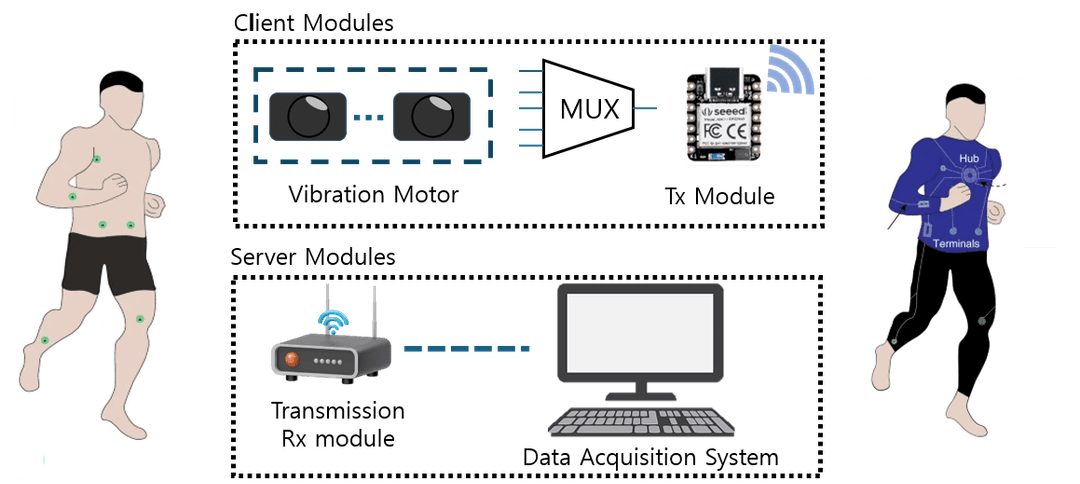Sports Innovation & Dynamics Lab
The Sports Innovation and Dynamics Lab (SIDLAB) is a multidisciplinary projects hub led by Associate Professor Siddhartha Bikram Panday. SIDLAB is committed to advancing human movement, health, and performance through scientifically rigorous and socially responsible projects.
Vision
We envision a future in which technology, science, and ethics are seamlessly integrated to empower individuals—athletes, clinicians, and everyday users alike. At SIDLAB, we strive to pioneer holistic performance systems that are:
Scientifically rigorous – grounded in validated biomechanical and physiological models
Technologically adaptive – leveraging AI, wearables, and advanced analytics
Ethically accountable – fostering fairness, autonomy, and long-term health
Globally inclusive – applicable across diverse populations and real-world settings
Our vision is to humanize innovation—placing well-being, fairness, and performance enhancement in balance.
Research areas
Footwear Optimization

We design and evaluate personalized footwear and insoles using 3D printing, functionally graded materials, and lattice structures. Our work enhances biomechanical efficiency, reduces injury risk, and optimizes user comfort across sports and daily activities.
Mobility Mechanics

By integrating musculoskeletal simulation with sensor-based motion tracking, we analyze joint loading and movement patterns to design interventions for injury prevention and clinical rehabilitation, including applications for special populations with musculoskeletal disorders.
Neurological Adaptation

We investigate how cognitive load and fatigue influence motor performance. Using AI-driven modeling, biofeedback systems, and mindfulness strategies, we develop personalized training protocols that strengthen resilience and improve physical readiness.
Wearable Sensor Development

We design and develop advanced wearable sensors that capture human movement in real-world environments. Our systems integrate dry electrode sEMG, inertial measurement units (IMUs), and pressure insoles for accurate data collection.
Collaborators















